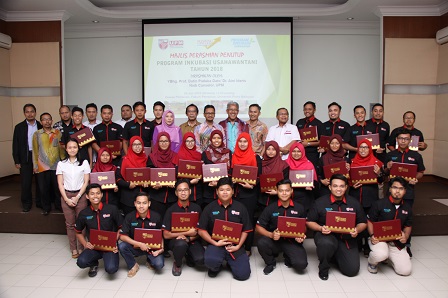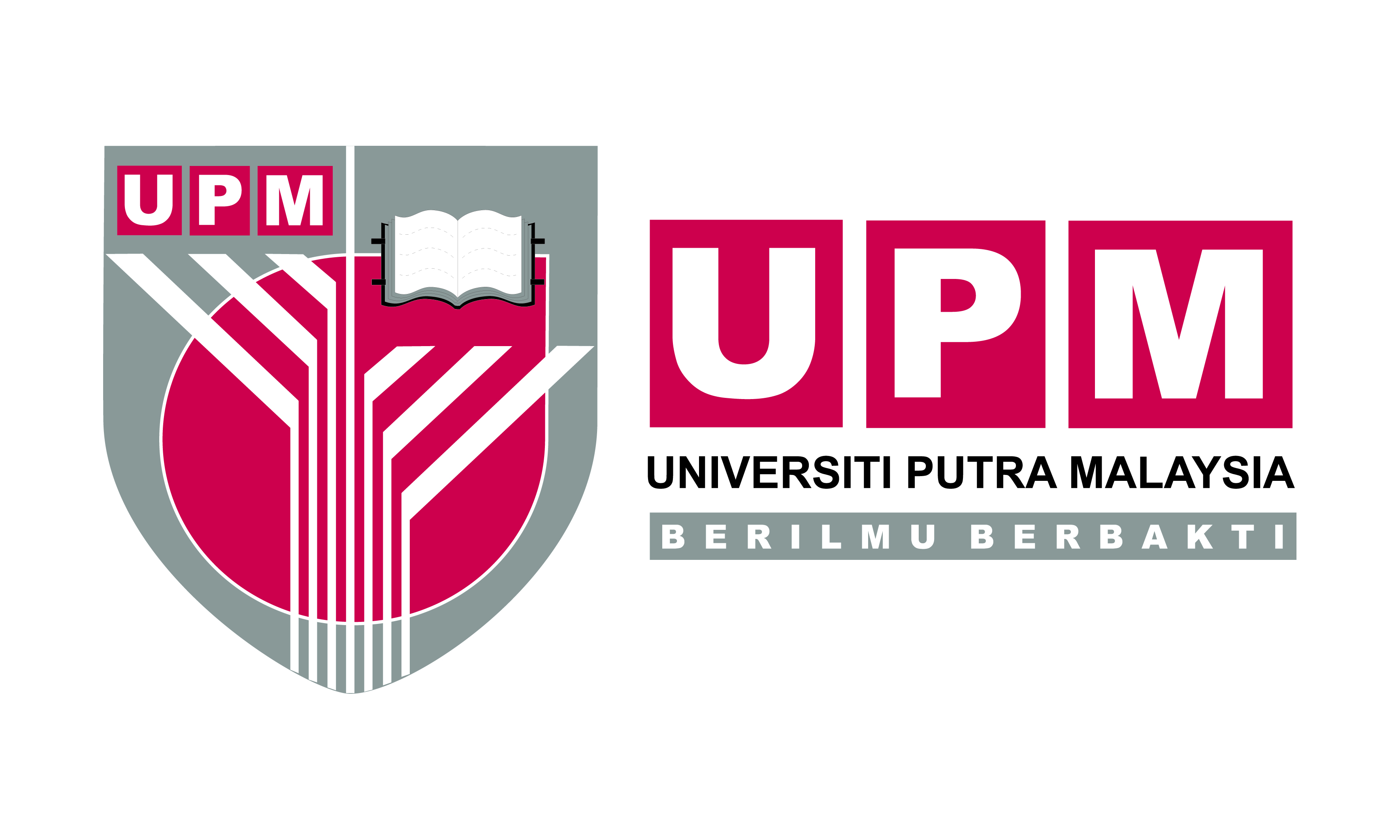By: Noor Aida Shaheera Zulkafli

SERDANG, 28 June – Farm-Entrepreneurial Incubation Programme implemented since 2012 by Universiti Putra Malaysia (UPM) achieves its aim in producing entrepreneurs especially among graduates in the field of agriculture.
UPM Deputy Vice Chancellor (Academic and International), Prof. M. Iqbal Saripan, said that up to now it has produced 163 alumni incubation programmes that have established 90 companies based on agricultural entrepreneurship aiming to assist the country’s agricultural sector.
“The implementation of the programme under the Faculty of Agriculture of UPM is in line with UPM’s entrepreneur development strategy and the country’s desire to produce more young entrepreneurs in agriculture among graduates,” he said at the closing ceremony of the Farm-Entrepreneurial Incubation Programme 2018 held here.
UPM Faculty of Agriculture Dean, Prof. Dr. Shukor Juraimi said that the programme which was carried out for six months in UPM campus trained former graduates from all over the country to become excellent entrepreneurs in the field of agriculture.
For the year 2018, 27 participants were involved, and 10 companies were established involving 10 participants.
“The six-month course comprised plant (fertigation), aquaculture, hybrid indigenous chicken breeding and ruminant breeding modules that covered aspects of production, processing and farm entrepreneurship,” he said.
Following its success, the programme has now been extended to UPM Bintulu campus starting this July.
A participant of aquaculture module of the incubation programme, Mohd Ihsan Jailan, 25, said the programme provided him exposure to entrepreneurship as well as the raising of freshwater fish.
“I plan to manage a farm based on the concept of eco-tourism in Pangsun, Hulu Langat with partners and make the raising of freshwater fish, namely kelah and talapia as the primary economic source of the farm,” he said.
A participant of hybrid indigenous chicken breeding, Muhamad Qayyum Aznam Shah, 21, said he was interested in the field of agriculture, and his love to work independently drove him to join the programme.
“I attended the module because indigeneous chicken has a high demand yet its production remains limited. I intend to further improve my knowledge of indigeneous chicken management in the future,” he said. - UPM






